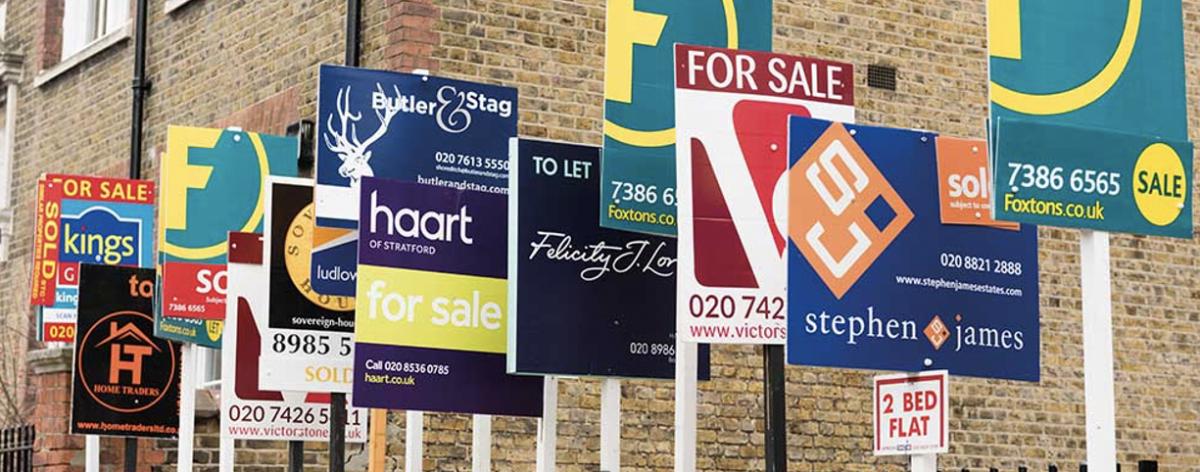Renting becomes cheaper than buying for the first time in over six years
Buying a home has been cheaper than renting on a monthly basis for the last five years. In March 2020, on the eve of the pandemic, a purchaser with a 10% deposit would have been £102 per month better off buying than renting.
However, like many other things, the ongoing pandemic has altered this trend and despite rents in Great Britain seeing a 7.1% rise over the last 12 months, strong house price growth fuelled by the stamp duty holiday and coupled with increases in higher loan-to-value mortgage rates have added to the cost of buying and owning a home. As a result, a typical first-time buyer will now find it cheaper to rent than buy on a monthly basis, according to research from Hamptons.
Hamptons highlighted that in May 2021 it was £71 per month (or 7%) cheaper for a typical first-time buyer with a 10% deposit to rent a home in Great Britain than it was to buy. In fact, they would have spent a monthly average of £1,054 on rent compared to £1,125 on mortgage repayments.

In early 2020 it was cheaper to buy than rent in every region of the country. But in May 2021 it was cheaper to rent than buy in seven of Great Britain’s 11 regions. The three northern regions (North East, North West, Yorkshire & Humber) and Scotland bucked the trend and were the only places where it was cheaper to buy.
According to the data, the capital has seen the largest shift since the start of the pandemic. A buyer putting down a 10% deposit on a property in the capital will have gone from being £123 per month better off buying in March 2020, to spending £251 per month less on rent in May 2021.
Falling rents in London have made renting cheaper relative to buying by a bigger margin than anywhere else. And with rents still falling, the differential looks set to continue growing.
There are, of course, pros and cons to both. For buyers with just a 5% deposit, renting becomes even cheaper than buying on a monthly basis. In part, this is due to the increase in interest rates on 95% LTV mortgages over the course of the pandemic. A buyer putting down a 5% deposit will on average spend £195 per month (or 19%) more than if they had carried on renting.
Holly Andrews, Managing Director at KIS Finance, says: “Strong house price growth over the last 12 months, coupled with increased interest rates for higher loan-to-value mortgages has pushed up average monthly mortgage payments to more than the cost of renting for the first time in years.
"Many finance experts recommend that people get themselves onto the property ladder as soon as possible, however, in the current market, renters may be better to hold off and wait until house prices and interest rates settle back down.
"Although interest rates are falling, they are still higher than they were pre-pandemic, especially for higher LTV mortgages. So for those who have smaller deposits (10% or less), it’s likely that they will now be better off to stay in rented accommodation and try to save a bigger deposit (15% - 20%) rather than rushing to get onto the property ladder.
"As the temporary Stamp Duty relief comes to an end this month and as more and more sales finalise and demand for housing decreases, we are expecting prices to settle and interest rates to fall.
"Therefore this gap between renting and buying should start to decrease over the next few months and we are expecting it to switch back in favour of buying in the not too distant future.
"If prospective buyers can stay in their rentals and use the time to save up larger deposits then they will be far better off in the long run.”
www.maketorent.com | Property Reporter | 15th June 2021